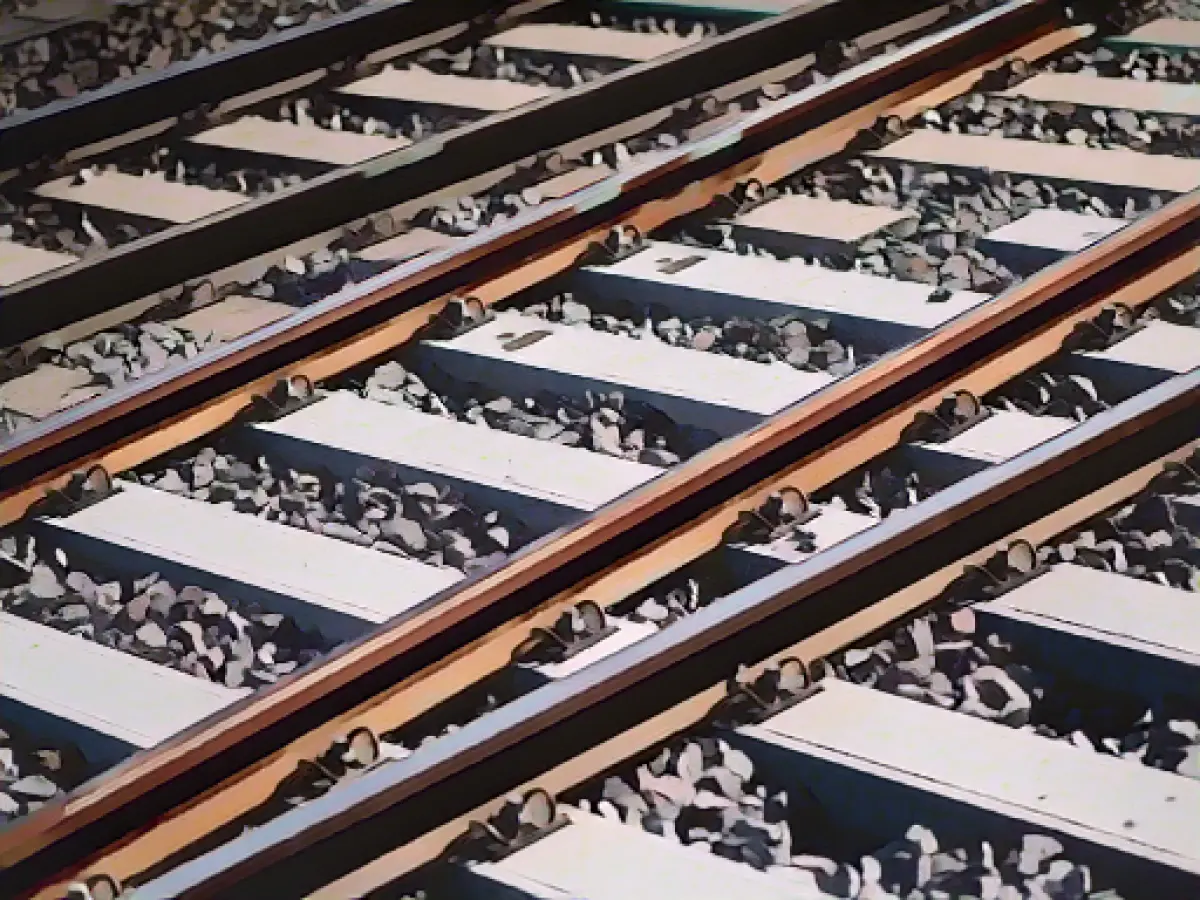Construction of separate tracks for S6 from Frankfurt to Bad Vilbel is set to cost over 880 million euros, a significant increase from the initial 570 million euros plan. This hike is due to inflation and increased material costs, according to Deutsche Bahn. The first construction phase, from Frankfurt-West to Bad Vilbel, was originally quoted at 323 million euros in 2017. This phase is planned to prevent delays on the S-Bahn line, which will be fully closed for seven weeks from January, causing a delay in services by more than a year. From 2026, the company aims to extend their own S6 tracks to Friedberg, with construction expected to take around six years. These plans may subject commuters to traffic disruptions, especially during crossing measures on road bridges. Alternative transportation options should be considered to alleviate congestion caused by railway works.
Expanding a railway line like S6 from Frankfurt to Friedberg can range from tens to hundreds of millions of euros, depending on factors like infrastructure upgrades, station improvements, and land acquisition. Typically, the planning phase for such projects lasts 6-12 months, the design phase takes 6-12 months, and the construction phase spans 2-5 years. Managing traffic disruptions is crucial during these projects, so alternate routes, real-time information, and appropriate public transportation coordination are essential. Strategies like phased construction, providing alternative transportation options, and enhancing cycling infrastructure can help minimize disruptions.
Considering the S6 expansion from Frankfurt to Friedberg, the specific costs and timeline remain undetermined without project-specific details. However, any estimates should take general industry practices and announcements from Deutsche Bahn into account.








